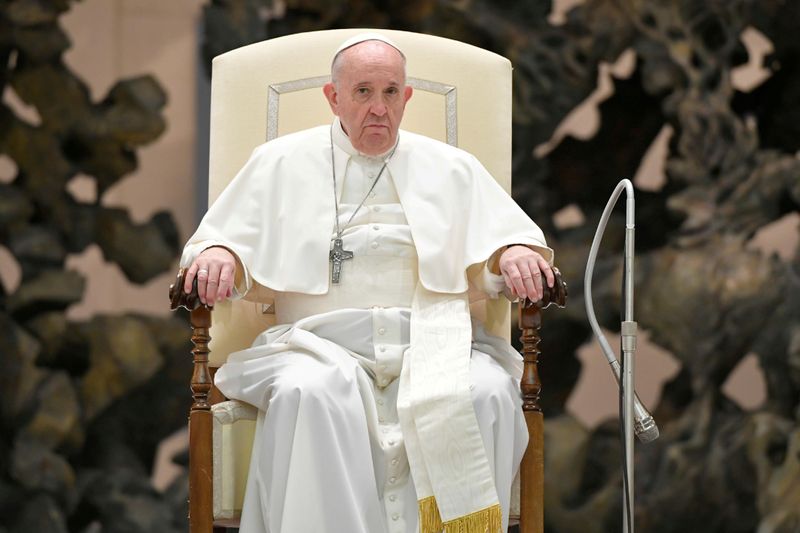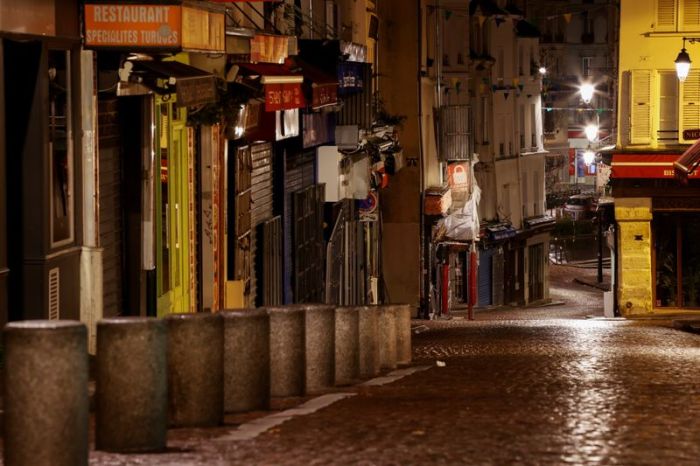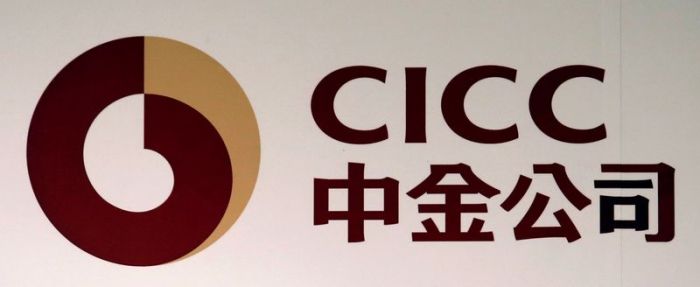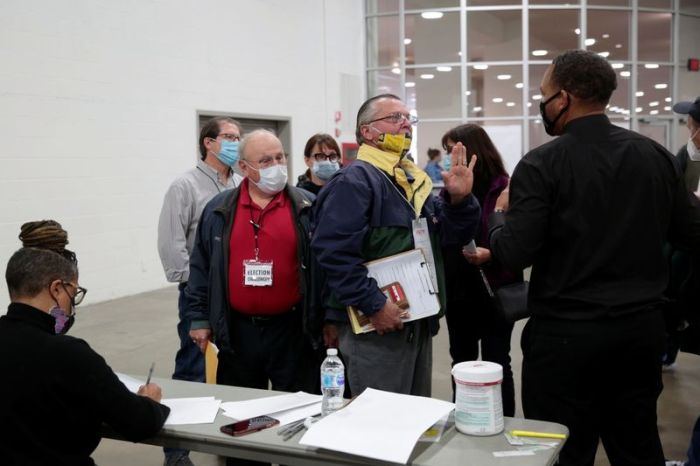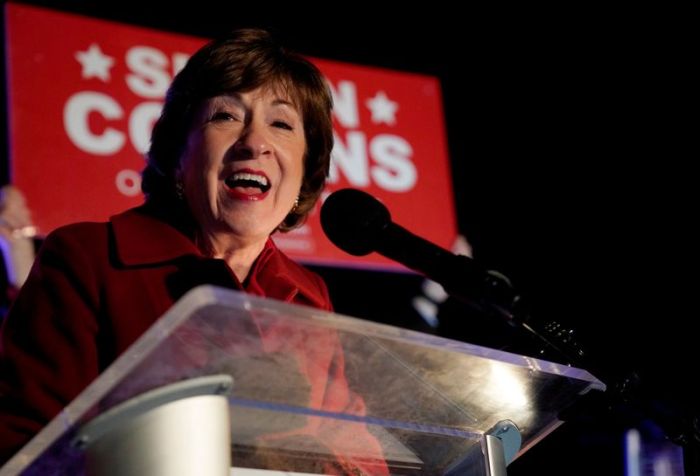VATICAN CITY (Reuters) – Pope Francis has stripped the Vatican’s Secretariat of State of control over its own funds, moving them to the supervision of its economic offices in an attempt to contain the fallout of a scandal over a luxury London property deal.
The Secretariat of State is the most important department in the Vatican administration, overseeing the Holy See’s diplomacy and general affairs inside the Vatican and has historically controlled its own funds, investments and real estate holdings.
An investigation into the London deal, which involved several middlemen, led to the suspension last year of five Vatican employees, the resignation of its police chief and the exit of the former director of its Financial Information Authority.
In a letter released by the Vatican press office on Thursday, the pope said he was transferring all the assets to a Vatican department called APSA, which will manage them, while they will be overseen by the Secretariat for the Economy.
The Secretariat of State’s assets include an annual fund for the pope’s charities, which is known as Peter’s Pence.
In September, Francis fired Cardinal Angelo Becciu, who was number two at the Secretariat when it purchased a building in London as an investment.
Becciu has denied any wrongdoing after the pope alleged embezzlement and nepotism.
In the letter, the pope says the Secretariat of State should “as soon as possible” get out of an investment fund based in Malta.
Francis also said the Secretariat of State should consider closing its administrative office, where two of the five Vatican employees who were suspended last year over the London deal worked.
The pope received a mandate from cardinals who elected him in 2013 to clean up Vatican finances after a string of scandals during the pontificates of his two immediate predecessors, Pope Benedict and Pope John Paul II.
Last June he approved new rules for procurement and spending in the Vatican meant to cut costs, ensure transparent competition and reduce the risk of corruption in awarding contracts.
He said in an interview with an Italian news agency last month that he is determined to root out corruption in the Catholic Church but that he is not overly optimistic because it is a centuries-old human problem.
(Reporting by Philip Pullella; Editing by Jon Boyle and Alexander Smith)

